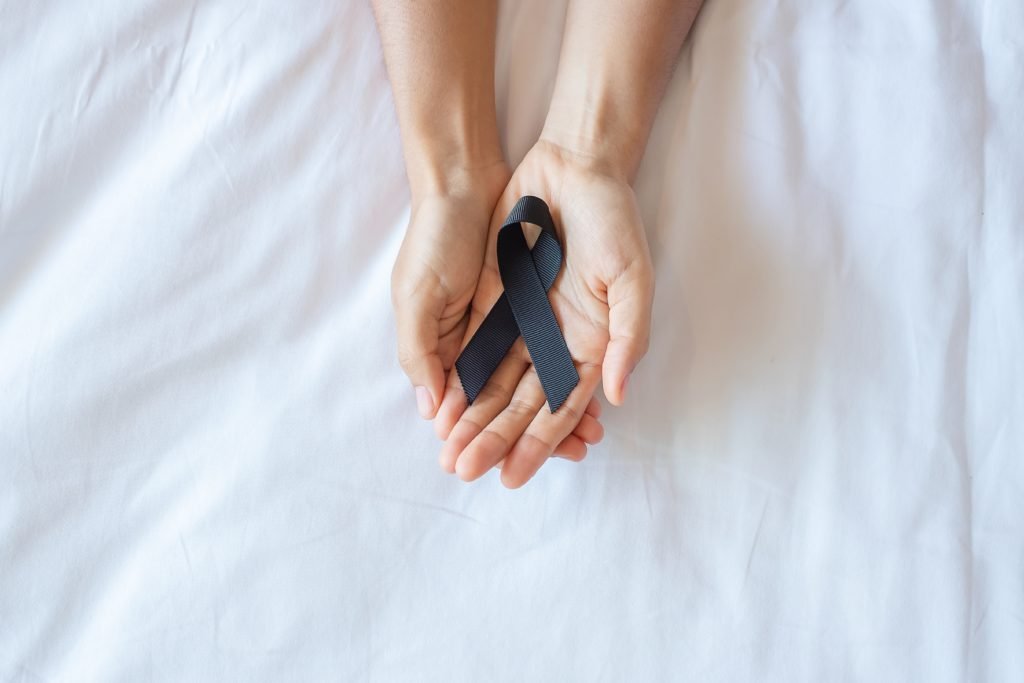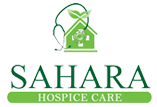Signs of late Skin Cancer

What is skin cancer?
Skin cancer is a form of tissue that is created through ultraviolet radiation. These different types of cancer usually occur in the face, neck, hands, legs and arms. It is important to protect your skin from heat, sunlight radiation, tanning beds and infections. Using sunscreen and checking up with your dermatologist is important to prevent skin cancer.
Learn more about the late signs of signs cancer and different stages.
Symptoms and warnings
If you are currently seeing changes in your skin, then it is best to go see your local dermatologist. Catching early signs of skin cancer can be treatable and could improve over time. Here are some warnings to watch:
-excessive hair growth.
-red and itchy skin.
-bleeding in the skin.
-thickening of the skin.
-blisters
-bruising
-moles
Different types of skin cancer
There are different types and stages of skin cancer that occur over time. The 4 main types are
Stage one -basal cell carcinoma
Stage two -Squamous cell carcinoma
Stage three- merkel cell cancer
Stage four- melanoma
There could be other types of skin cancers that are rare which are:
-cutaneous lymphomas
-kaposi sarcoma
-sarcomas
Late signs you may have skin cancer
The last stage of skin cancer is stage 4, called melanoma. Blood test usually can conduct this stage. Your healthcare provider can scan and use some sample to exam further. Tumor size for this last stage can look bigger than a regular size tumor.
Some tumors can start to develop some opening of the skin. This last stage can easily spread to other parts of the body such as the lungs, bones, liver, brain and stomach. People don’t realize they may have stage 4 of melanoma and may be experiencing some unusual headaches or aches and pains.
There could be treatment occurred but no guarantee in the tumor to go away. Treatment can become way more difficult. Usually, the overall survival rate depends on how far the cancer has spread.
Getting support for last stages
Patients that are suffering their late stage of skin cancer can feel more comfortable getting the proper treatment they need. Joining support groups can help better cope as well as getting houston hospice care if you are in your very last stages. Our hospice care team support every step of the way including family bereavement.
If you have any further questions regarding bereavement services, don’t hesitate in reaching out at your preferred time.
SAHARA HOSPICE CARE
140 Eldridge Rd Suite B 1, Sugar Land, TX 77478
Phone: (281) 645-5019
https://saharahospicecare.com//
